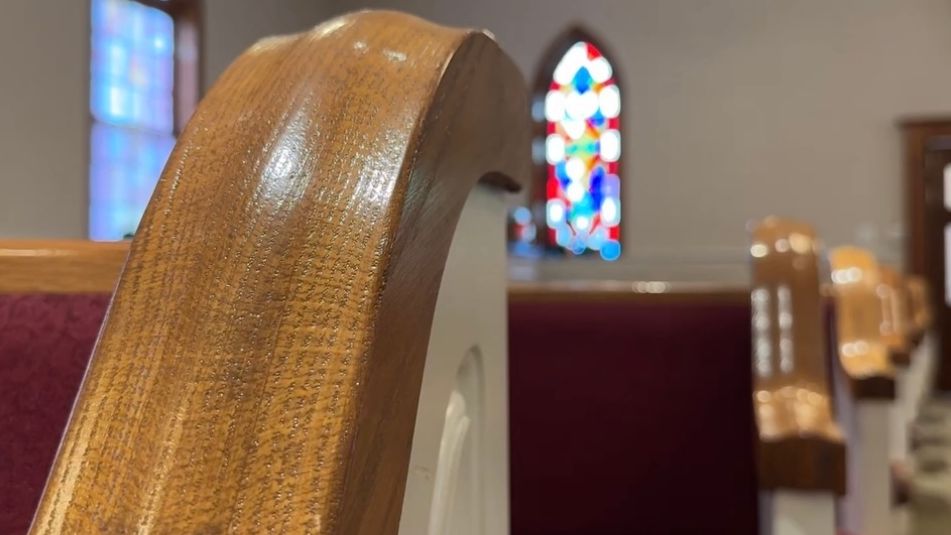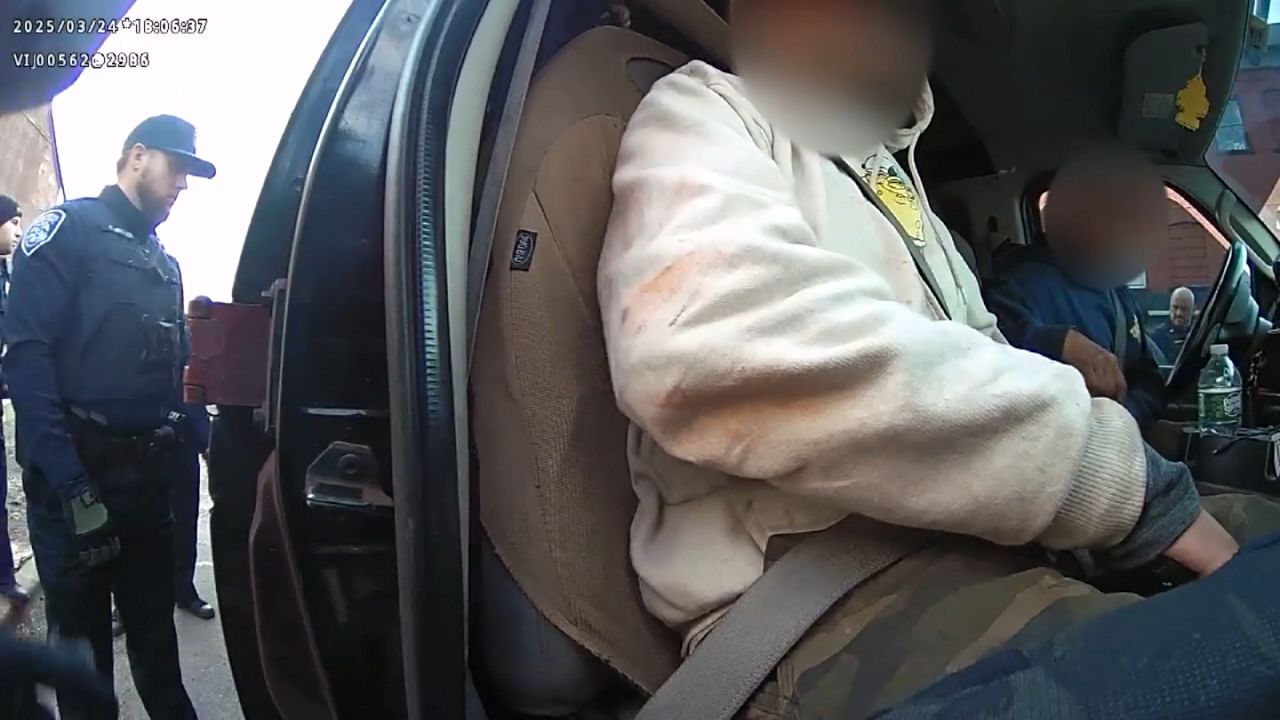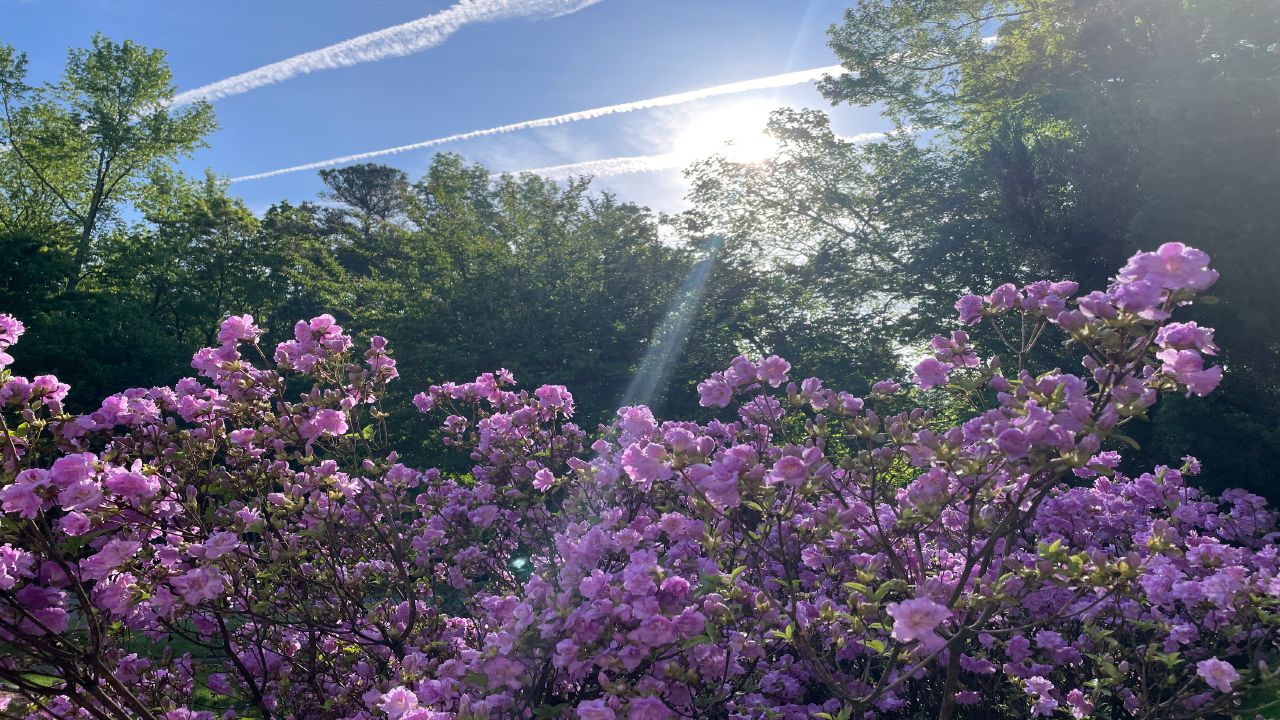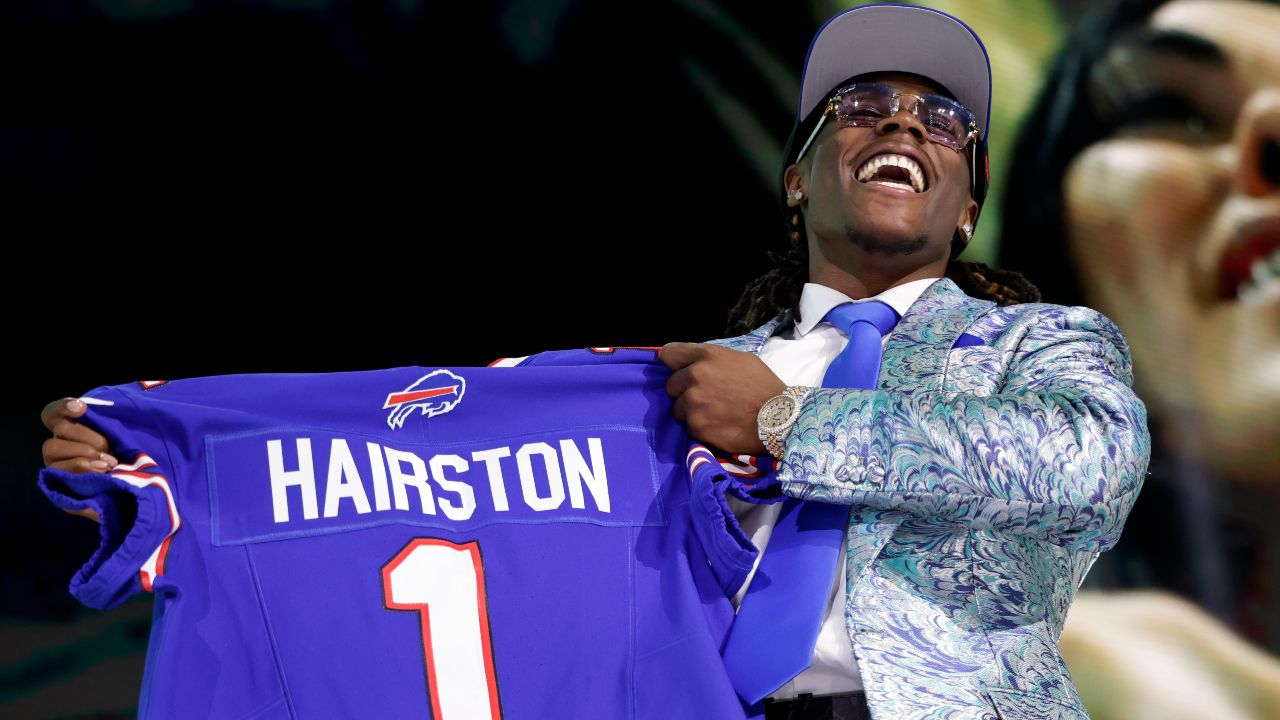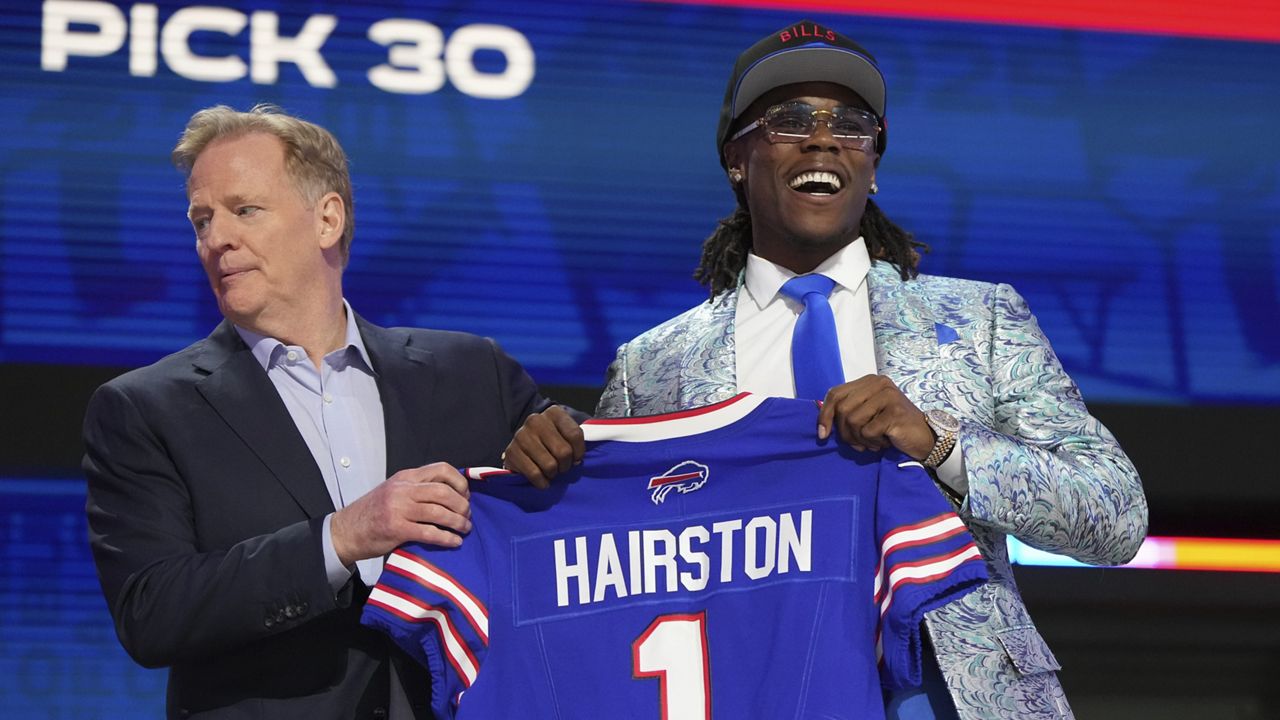Wednesday marks the anniversary of the 1995 Million Man March, a gathering of Black men meant to foster unity in the face of economic and social issues affecting African Americans. The historic event carries an important message nearly three decades later.
“Reconciliation, responsibility and unity,” Nation of Islam, Muhammad Study Group student coordinator Kenneth Muhammad said of the three vantage points touched on during the Million Man March.
It's been nearly 30 years since one of the largest peaceful rallies at America’s capital.
“The significance of this day is that 29 years ago, we made a commitment from the call of the Hon. Minister Louis Farrakhan to atone, reconcile and take responsibility for our community,” Muhammad said.
Followers gathered Wednesday on the steps of Rochester's City Hall to commemorate the Million Man March.
“Every year, we talk about the March on Washington, which was seeking jobs and justice for Blacks,” Muhammad said. “In lieu of the new issues that we are facing, well I shouldn’t say they are the same issues that have not been resolved. We remind ourselves of the responsibility.”
The march- one of the largest public events in Washington D.C. still carries the same weight, struggle and responsibility.
“I don’t want to violate you,” participant N'namdi Shakir-Muhammad said. I don’t want to hurt you cause I got love and I got respect until we get to that point, we still got a march. We still marching at this point.”
N’namdi Shakir-Muhammad reflects not only on the message but his own experience at the march when he was just 31 years old.
“I looked across the sea of men and it was endless,” Shakir-Muhammad said. “It was endless on that stage. It was so beautiful, so serene. The love on that mall was so thick, you know, it was so thick that you could cut it with a knife.”
Those in attendance gained a profound sense of brotherhood and hope for a different future. The crowd gathers from all different walks of life, and leaves together as one.
“One with your wife, one with your family, one with your community, one at one,” Shakir-Muhammad said.








